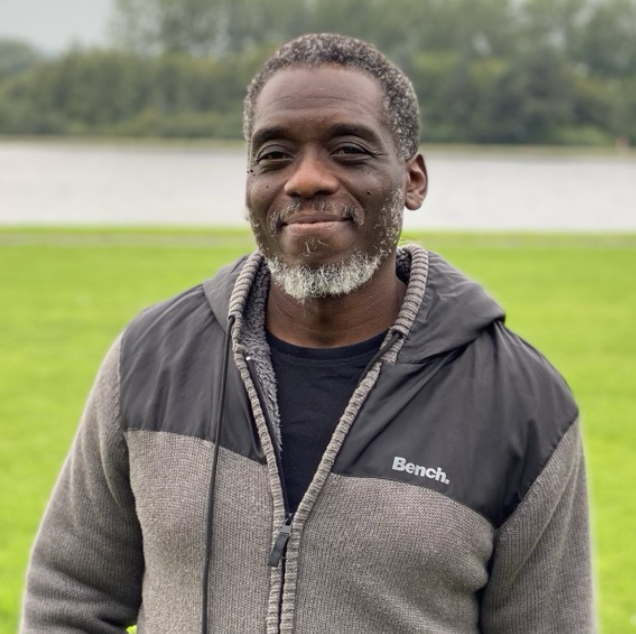Biblepraise Fellowship Online
Inspirational Writings, Stories and Poetry.
He Didn't Save It for Us
by Rubel Shelly on January 7th, 2018
It was an ethics class I was teaching several years ago. I read a newspaper story to the class about two pre-teen girls who returned a purse they found on the street to its owner. They opened it, found the owner's name on a driver's license, and looked her up in the phone book. Oh, yes. They returned the $4,000 cash they saw inside the purse as they were searching for the owner's identification. I asked the class to comment on what the girls had done. As most of the class affirmed what they had done, one female spoke to up tell of a similar event in her life. She had found a purse, discovered the owner's ID, and mailed it back to her - minus the $162 cash that was in the wallet. "I did her a favor by getting her papers and credit cards back to her," she said, "and I deserved a reward!"
Another found-what-somebody-lost situation could have been tempting to Josh Ferrin last month. Josh and Tara Ferrin, with their two young sons, were moving into their first house in Bountiful, Utah. Within an hour of getting the keys to their new place, the Ferrins had a decision to make. Josh noticed a scrap of carpet sticking out of a trap door in the garage ceiling. He opened the door, climbed into the small space, and found several metal boxes - filled with stamps, bond certificates, and cash. The total stash hoarded away in the attic by the recently deceased former owner was worth about $45,000.
Ferrin, an artist with the Deseret News, probably could have used the money. But need or want or self-determined reward wasn't his issue. It was integrity. The only "right" thing was to give the money to the former owner's family, he said. "He [the deceased man] didn't save that money for us. He saved it for his family."
While one of the family's sons asked about keeping "just one" of the bundles of rolled-up bills, Josh and Tara gave him something more important. They gave him a lesson about being honest by respecting the property of others.
"[My father] grew up in hard times and people who survived that era didn't have anything when they came out of it unless they saved it themselves," said the former owner's son. "He was a saver, not a spender."
With all the ambiguities we seem to be able to find in human behavior, it is encouraging to hear of someone who saw the situation as it really was. Who made no excuses for greed. And who did the right thing.
"Better to have little, with godliness, than to be rich and dishonest" (Proverbs 16:18 NLT).
Rubel Shelly has preached for the Woodmont Hills Church of Christ in Nashville since 1978. During that time, he has also taught at David Lipscomb University and Vanderbilt University School of Medicine. He is the author of more than 20 books, including several which have been translated into languages such as Korean, Japanese, Portuguese, Italian, French, and Russian. He is married to the former Myra Shappley, and they are the parents of three children: Mrs. David (Michelle) Arms, Tim, and Tom. To contact Rubel or to subscribe to his newsletter, Fax of Life, send email to faxOfLife@woodmont.org
Comments
(0)Add a comment

Steve Popoola is the editor of Biblepraise Newsletter and the founder of the Biblepraise Fellowship Online.
He lives in Kent, United Kingdom, where he works as an IT Professional. He serves in his local church as an Elder and Trustee, Worship Leader and assisting with Pastoral Care.
Recent Posts
February 23, 2026
February 02, 2026
January 26, 2026
January 05, 2026
December 22, 2025